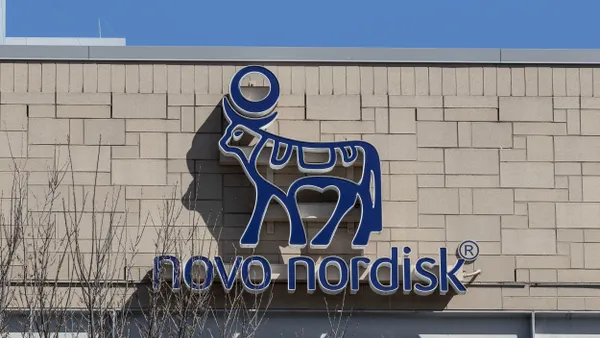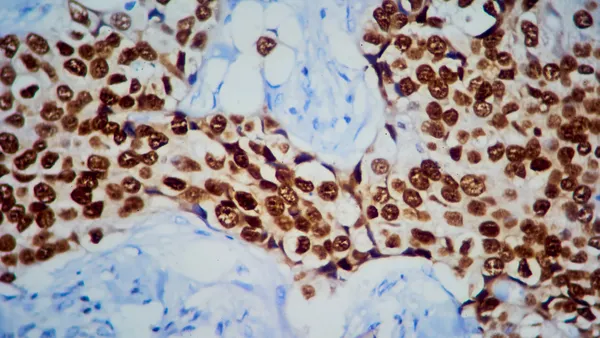Dive Brief:
- The Food and Drug Administration has cleared a drug for the ultra-rare condition Barth syndrome, reversing an earlier decision to reject the therapy after a lengthy delay.
- The agency on Friday granted an accelerated approval to the therapy, to be sold as Forzinity and developed by biotechnology company Stealth BioTherapeutics. The drug was cleared based on an effect on muscle strength the agency deemed “reasonably likely” to lead to a patient benefit. Stealth has to confirm that impact in a post-approval, placebo-controlled trial.
- Forzinity is the first marketed drug for Barth syndrome, an often lethal genetic condition that weakens skeletal and heart muscles and affects roughly 150 people in the U.S. It’s cleared for use in adults and pediatric patients weighing at least 66 pounds and is expected to be available by the end of the year, Stealth said.
Dive Insight:
Forzinity traveled an unusual route to approval and, along the way, became a test case for the agency’s willingness to be flexible with medicines for ultra-rare conditions.
Formerly known as elamipretide, the drug is designed to stabilize and improve mitochondrial function, which in turn is supposed to boost muscles in patients with Barth syndrome. The chief data supporting its benefits come from a small trial that evaluated Forzinity’s effects on leg muscles or tasks such as a timed walking test.
The FDA initially declined to review an application Stealth filed in 2021. But Stealth stayed the course and, three years later, brought its case to an FDA advisory committee, which endorsed the drug’s effectiveness despite skepticism from agency officials. Since then, Stealth has seen the FDA delay a decision, ask for more data, miss a deadline amid staff turnover at the agency and, in May, reject its therapy altogether.
The series of events threatened Stealth’s survival and, along with it, patient access to its drug via a special program. In a recent interview, CEO Reenie McCarthy told PharmaVoice that the company was forced to defer progress on other programs, halt a planned trial and reduce its workforce.
In the meantime, Stealth’s struggle was cited by critics arguing that innovation is slowing under new FDA commissioner Martin Makary. The FDA, for its part, has promised to expedite the development and review of rare disease drugs. But the agency’s decision to reject certain medicines this year — among them Stealth’s — has made it a target of some outlets. “Call it death by bureaucracy,” the Wall Street Journal’s editorial board wrote in August of the many delays Stealth faced.
The FDA, which some analysts believe to be more sensitive to optics than in the past, has since quickly changed its stance. It accepted a revised application in August and promised to make a decision by late September, rather than after a typical multi-month review period. In the regulator’s Friday statement, George Tidmarsh, the head of the Center for Drug Evaluation and Research, claimed its decision to act quickly and approve the drug shows it’s “committed to facilitating the development of effective and safety therapies for rare diseases” and will “work diligently to help ensure patients with rare diseases have access to innovative treatments.”
Stealth said it’s working with the agency to generate the data needed to expand use of the therapy in children who don’t currently meet the approval criteria. Only roughly half of those diagnosed with the disease survive long enough to reach the 66-pound threshold required for use, Kate McCurdy, chair of the Barth Syndrome Foundation, said in Stealth's statement.















